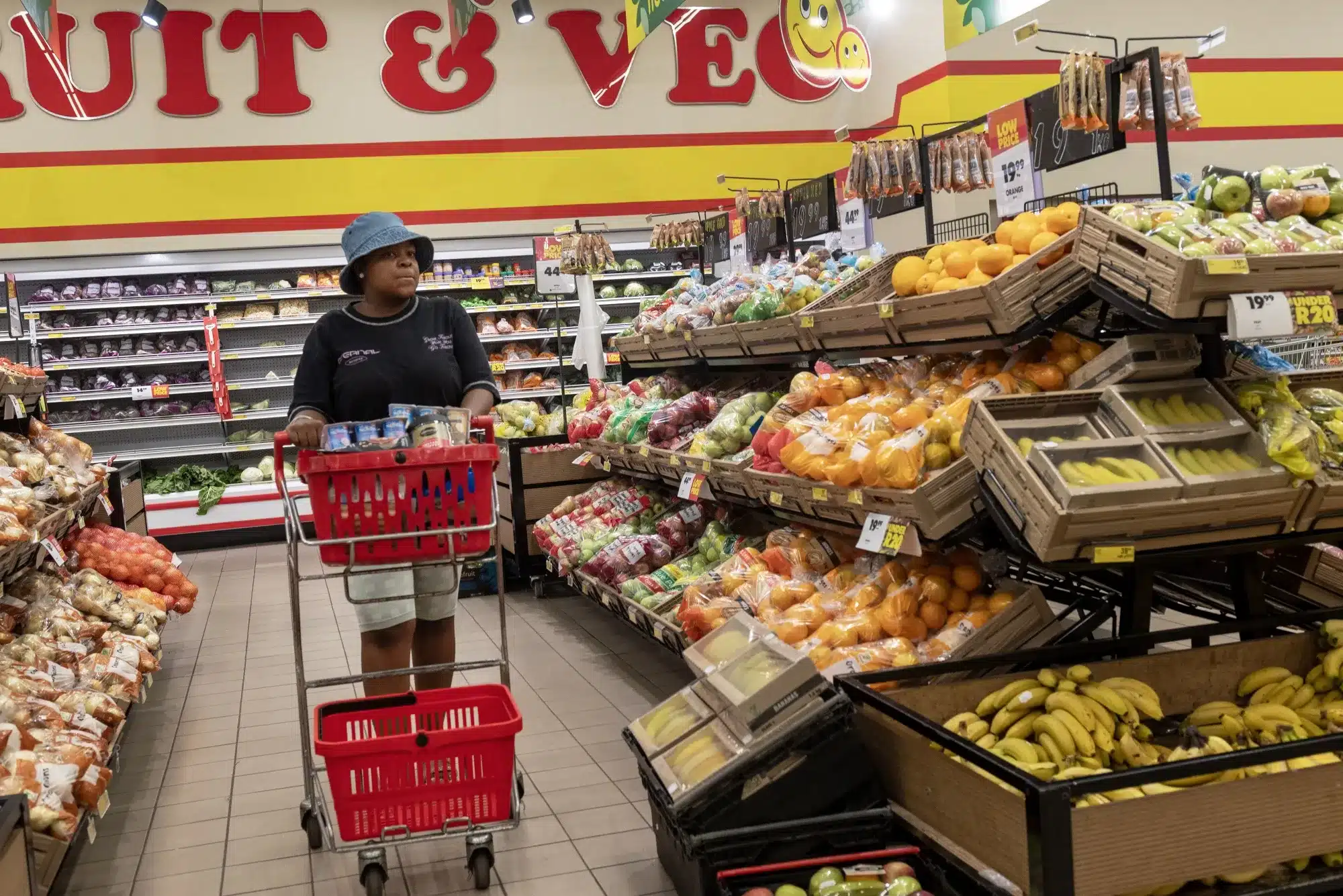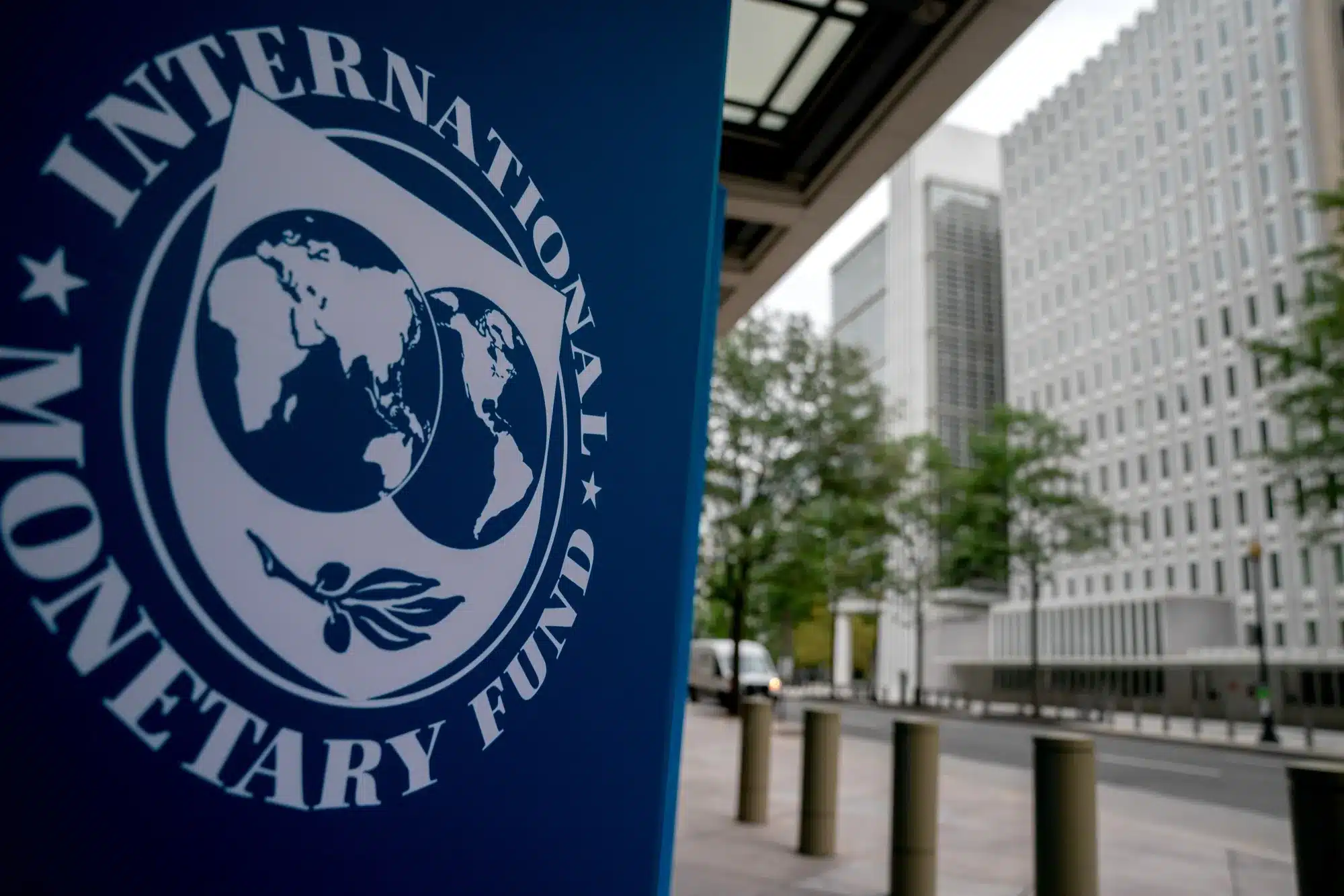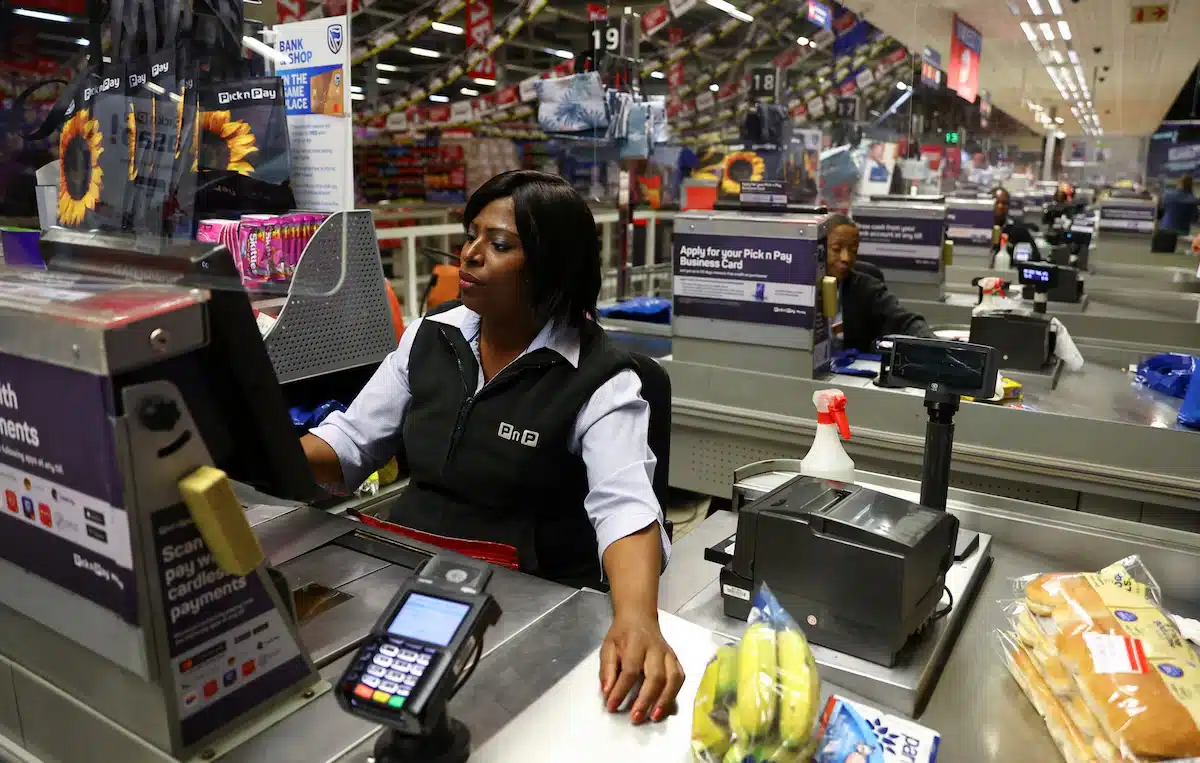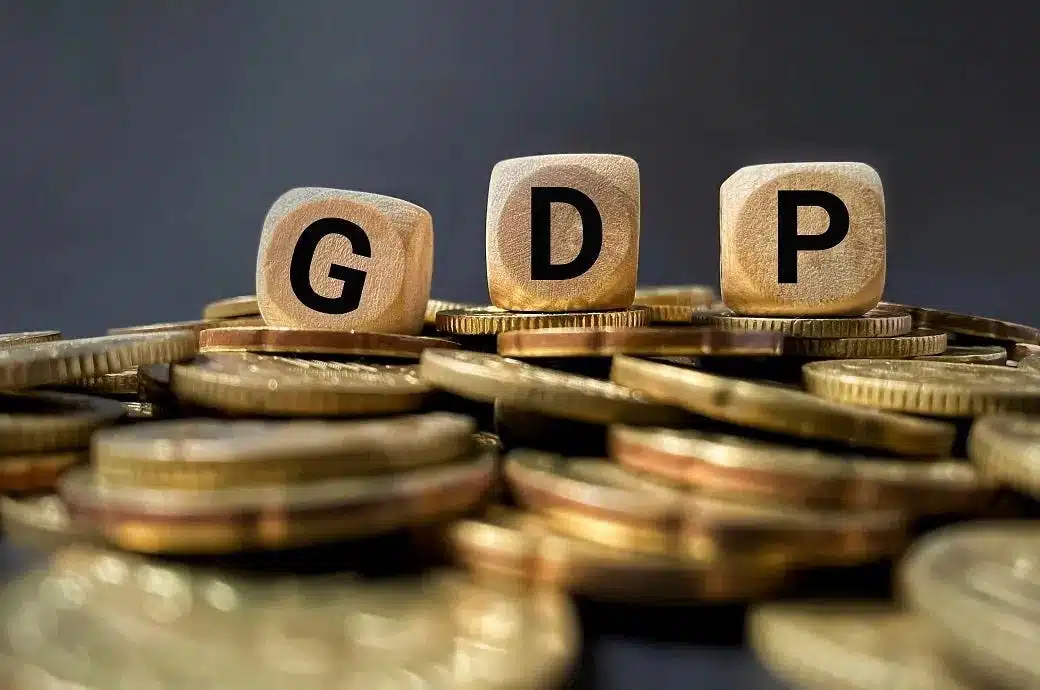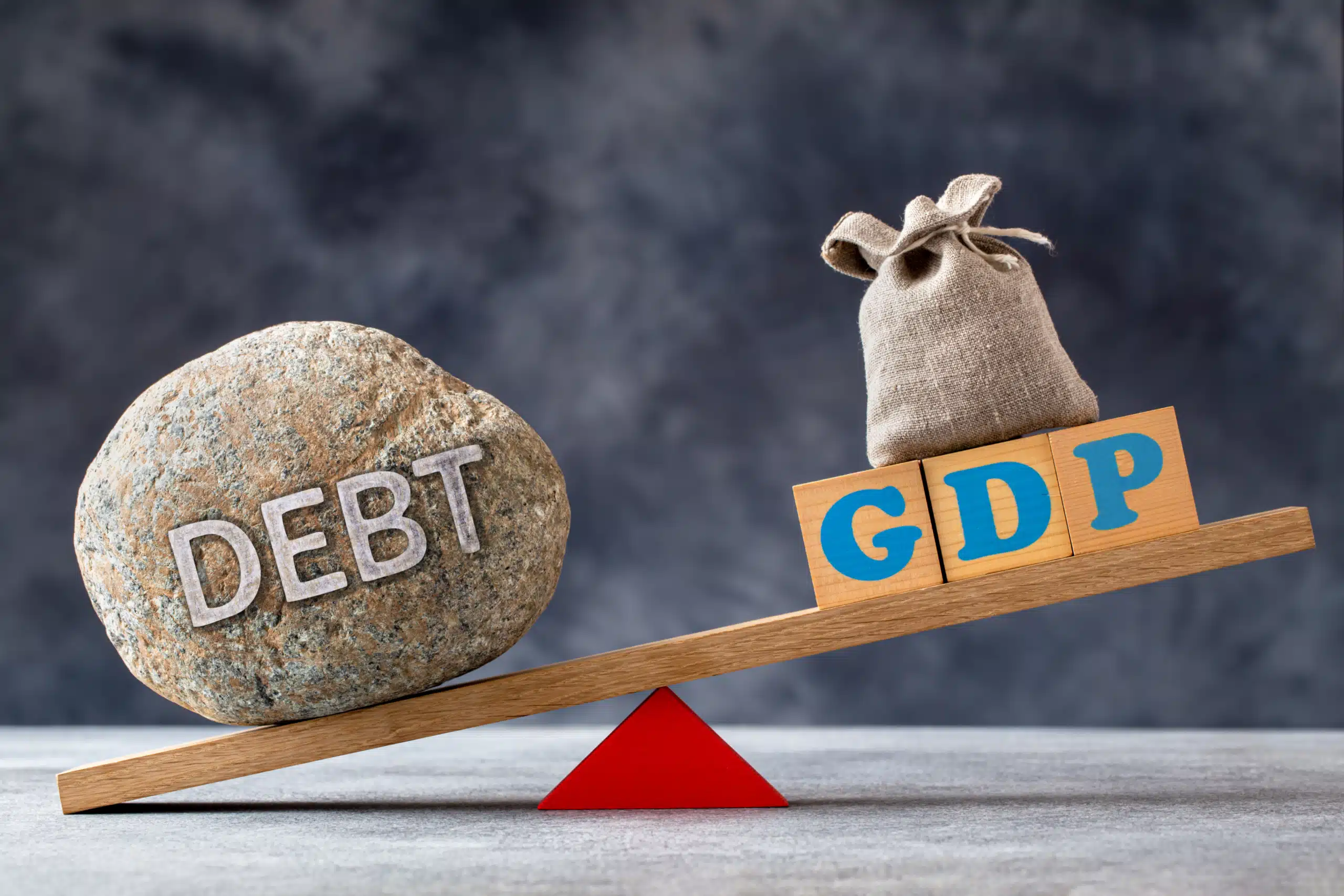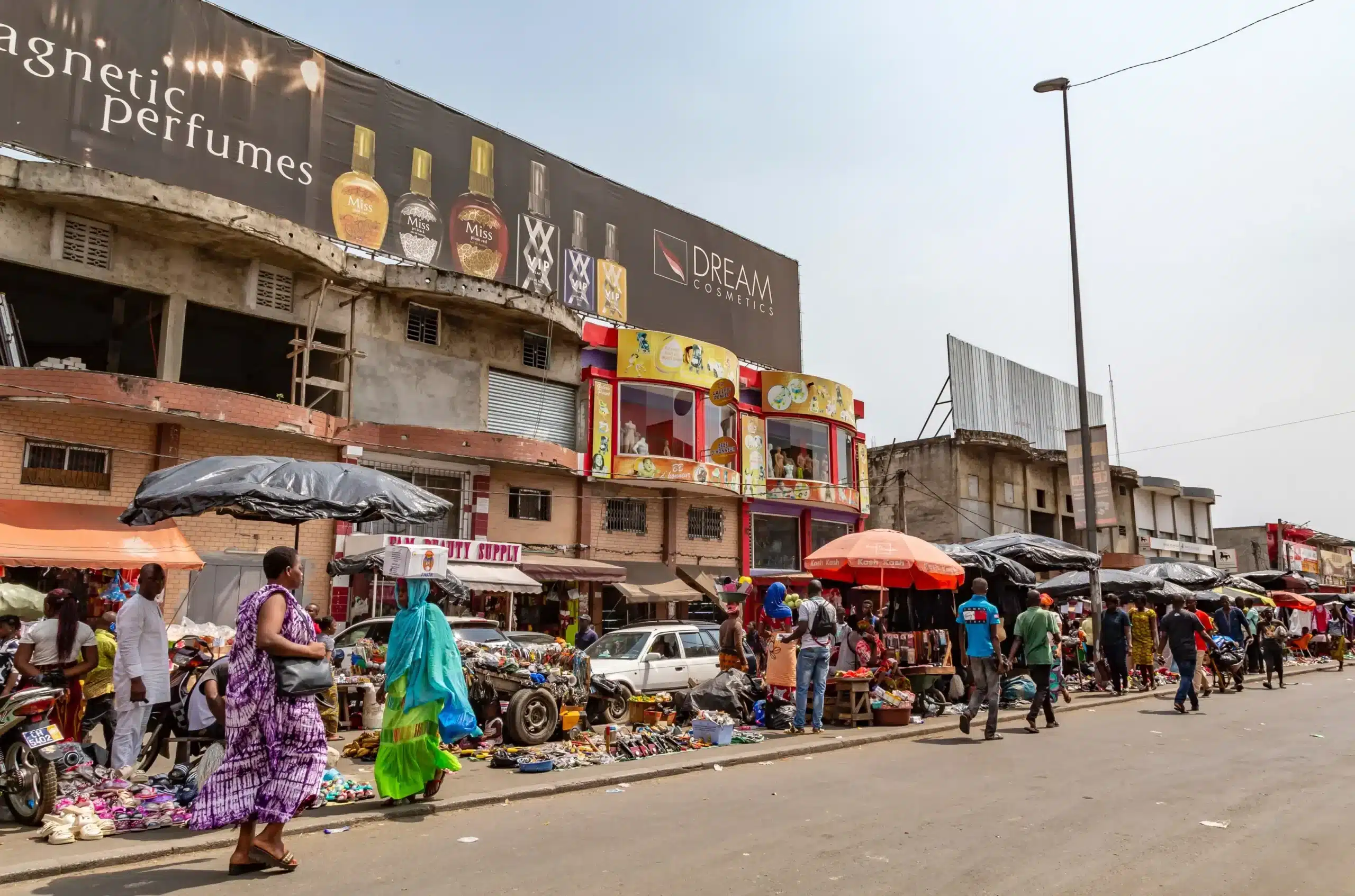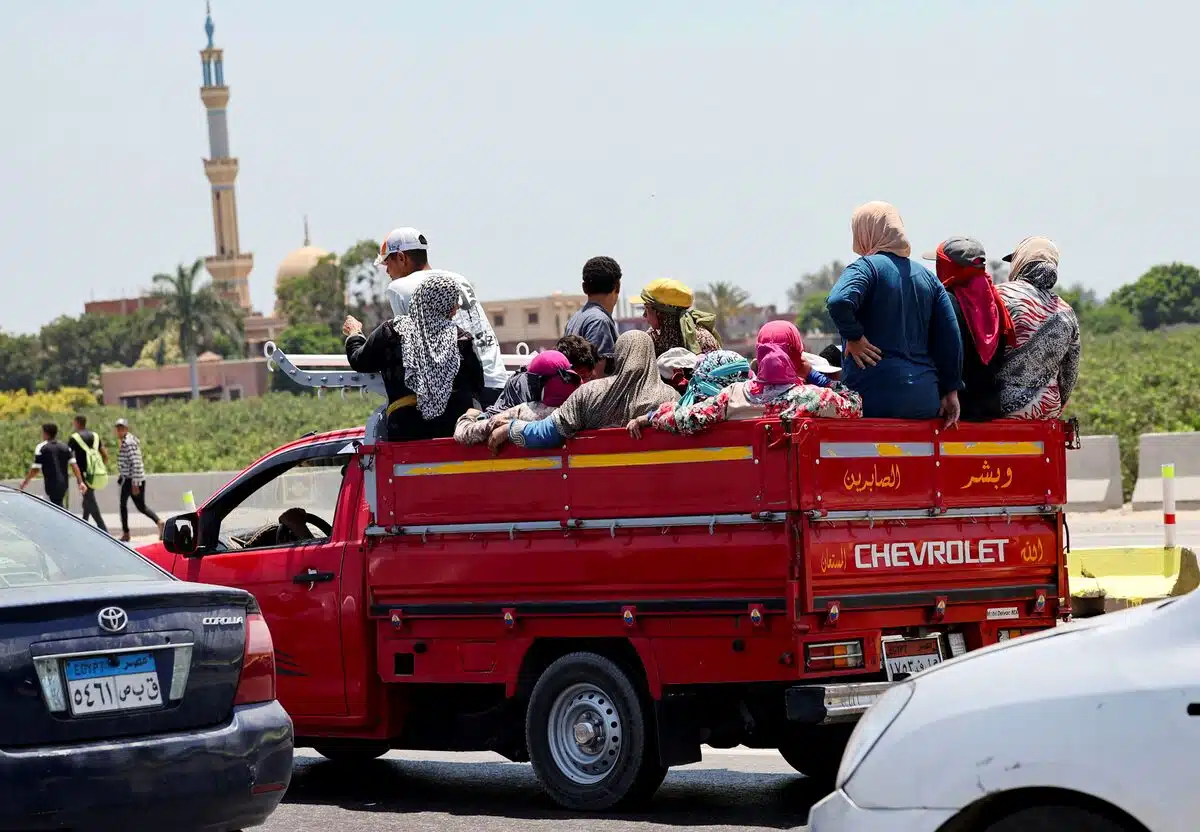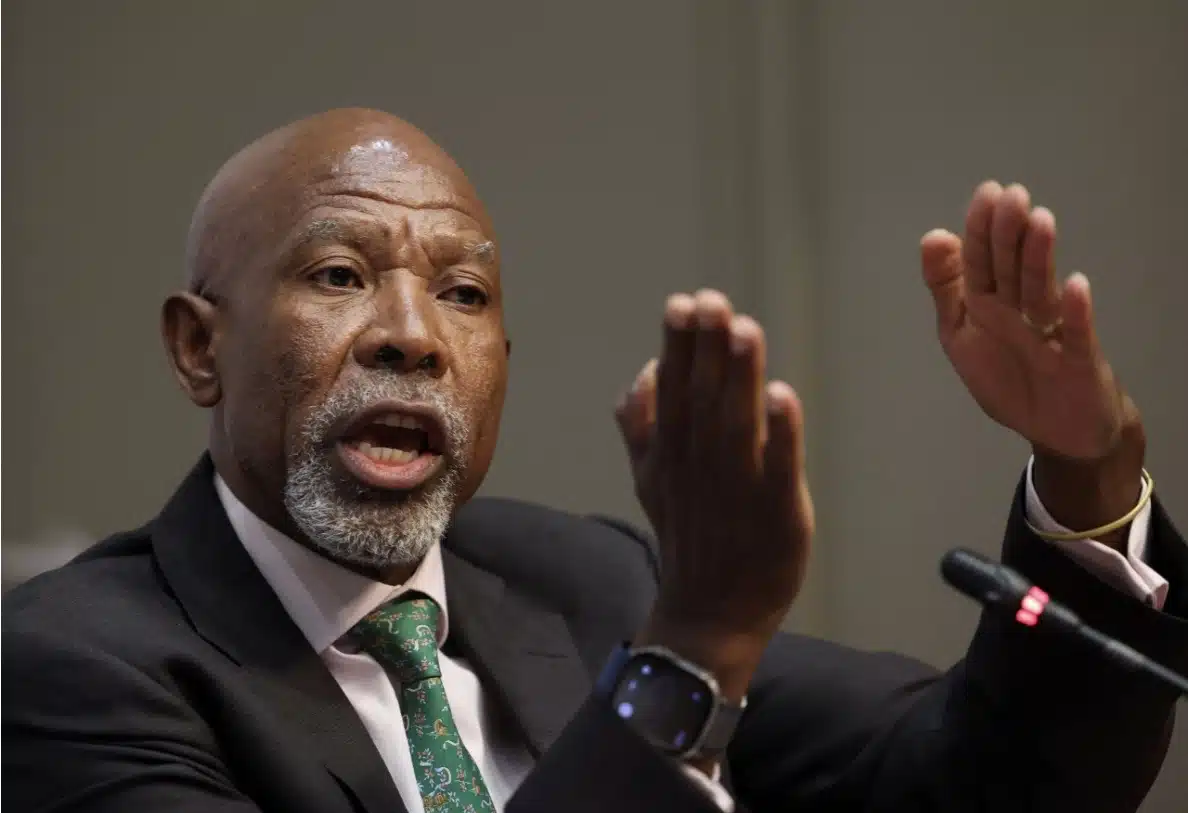South Africa’s annual inflation eased in August 2025 for the first time in six months, relieving pressure on the central bank ahead of Thursday’s policy decision.
The continent’s most industrialised economy last saw a slowdown in March, when inflation dipped to 2.7% from 3.2% in February.
Figures from Statistics South Africa (SSA) released on Wednesday showed the Consumer Price Index (CPI) increased 3.3% year-on-year, down from 3.5% in July and below market expectations of a rise to 3.6%. The slowdown was driven largely by softer food and fuel costs.
The return to easing comes after two consecutive months of acceleration.
“The main contributors to the 3,3% annual inflation rate were housing and utilities (4,3% and contributing 1.0 percentage point) and food and non-alcoholic beverages (5,2% and contributing 0.9 of a percentage point)”, the statistics office said in its latest CPI report released.
Year-on-year, food and non-alcoholic beverage prices rose 5.2% in August, compared with 5.7% in July, reflecting declines in cereal, fish, eggs and milk.
Transport costs were 1.4% lower, while housing and utilities rose 4.3%. On a monthly basis, consumer prices fell 0.1%.
Core inflation, which strips out volatile items like food, non-alcoholic beverages, fuel and energy, edged up to 3.1% from 3.0%, its highest since March.
Easing inflation mirrors regional peers
South Africa’s easing headline inflation reflects a broader trend across key African economies in August, with Kenya standing as the outlier.
Nigeria’s headline inflation fell for the fifth consecutive month to 20.1%, easing from 21.8% in July. The 1.7 percentage-point decline marks the sharpest monthly drop since April, when consumer prices resumed a downward path.
In Egypt, price pressures cooled for the third consecutive month, with annual inflation slowing to 12% from 13.9% in July. The print marks the lowest rate in nearly three and a half years and provides the central bank with additional scope for further interest-rate cuts.
Ghana’s disinflation momentum also gathered pace. Inflation eased to 11.5% in August from 12.1% the previous month, extending an eight-month run of declines and marking the lowest reading since October 2022. The deceleration was largely driven by softer food prices.
By contrast, Kenya, East Africa’s largest economy, saw consumer prices accelerate for a second straight month, climbing to a 14-month high of 4.5% in August from 4.1% in July.
Policy implications
The softer-than-expected reading has altered market expectations for monetary policy. Analysts now see a higher likelihood of another cut when the monetary policy committee of the South African Reserve Bank (SARB) meets on Thursday.
“This (inflation) release is something of a game changer. Suddenly, the September meeting is looking very lively,” said Razia Khan, Chief Economist for Africa and the Middle East at Standard Chartered.
London-based research firm Capital Economics has also revised its call, writing in a note that it expects a 25 basis point cut this week, citing both easing inflation and a weakening economy.
Others, however, argue that policymakers may wait for further clarity.
“The MPC may want to see if there are any price shocks still in the pipeline from tariffs,” said Zain Vawda, Market Analyst at MarketPulse by OANDA.
Uncertainty over the impact of US trade measures continues to complicate the inflation outlook. Last month, President Donald Trump imposed a 30% tariff on South African exports to the US, the highest among Sub-Saharan African nations, alongside a separate 25% duty on automotive goods introduced in April.
The fallout has been significant US-bound car exports, a major source of foreign exchange for South Africa, slumping 85% in May as demand waned. Industry associations and the SARB have also warned of mass job losses as the levies take full effect.
However, the central bank has since softened its stance, saying the impact of the tariffs on growth and inflation could be modest, though official data has yet to capture the full picture.
The SARB has eased policy thrice this year, lowering its repo rate by 25 basis points to 7% in July, extending a cycle that began in September 2024. The cutting cycle has been supported by a stronger-than-expected rand and inflation that remains anchored at the lower end of its 3–6% target range.
Analysts say Thursday’s decision will hinge on whether policymakers view the August CPI decline as durable, or whether risks from tariffs and other price shocks argue for caution

